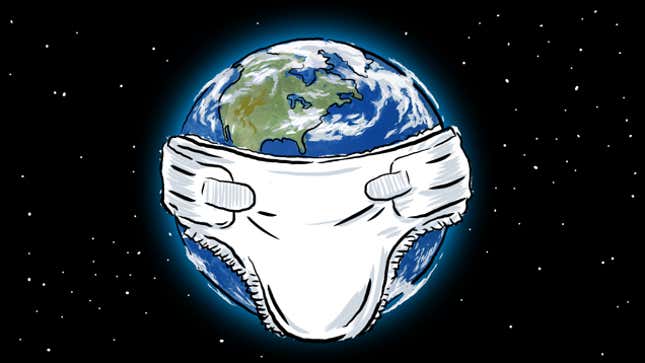Parenting: Are You Doing It Right? Depends on Where You Live.
Latest

Parenting is hard, no newsflash there. Know what can make it harder? Having too much information about various approaches, all with conflicting supporting data. Add to this that our entire sense of community has shifted, and many parents live nowhere near their families of origin, leaving most of us to wing it in a sea of TMI.
Whether it’s figuring out how soon to send your kid to daycare, debating how soon to expose them to television, figuring out the best age for music lessons, or tweaking optimal bedtime, chances are you’ll either do what your parents did, or aspire to some shiny new idea that promises the best possible outcome. But guess what? Every culture has a different idea of what those standards are, and that should remind us that one parent’s raged-over decision to leave her 9-year-old in a park (and subsequent arrest) is another’s that’s-just-how-we-do-it-in-Denmark.
From a Salon piece on parenting styles around the world:
4) Danish parents leave their kids on the curb while they go shopping
In Denmark, writes Mei-Ling Hopgood in “How Eskimos Keep Their Babies Warm,” “children are frequently left outside to get frisk luft, or fresh air — something parents think is essential for health and hearty development — while caregivers dine and shop.”
As you might imagine, this idea sends shivers down the spines of many parents in the United States. In New York, a couple (one of whom was Danish) was arrested for leaving their child outside a BBQ restaurant while they went inside to eat. “I was just in Denmark and that’s exactly what they do,” Mariom Adler, a New Yorker out walking with her 2 1/2-year-old son, told the New York Times. “We would see babies all over unattended. We were stunned, frankly. But Denmark also struck us as exceptionally civilized.”
I realize I’m mixing up my Scandinavian countries here, but I’m picturing that cart-parking station at Ikea, only filled with kids. Elsewhere on the parental style map, we learn that in Spain and Argentina, kids routinely go to bed at 10 pm in order to experience more nighttime family fun (no word on how early they wake up, or how grouchy they are). Drool: In Norway, most kids go to a state-sponsored childcare program starting at age 1 (could this knowledge possibly alleviate working mother guilt in America, or at least up our rage factor at the lack of affordable care?), and are treated to an unheard of amount of fresh air, even in sub-zero temps.
-

-

-

-

-

-

-

-

-

-

-

-

-

-

-

-

-

-

-

-

-

-

-

-

-

-

-

-

-

-

-

-

-

-

-

-

-

-

-

-








































